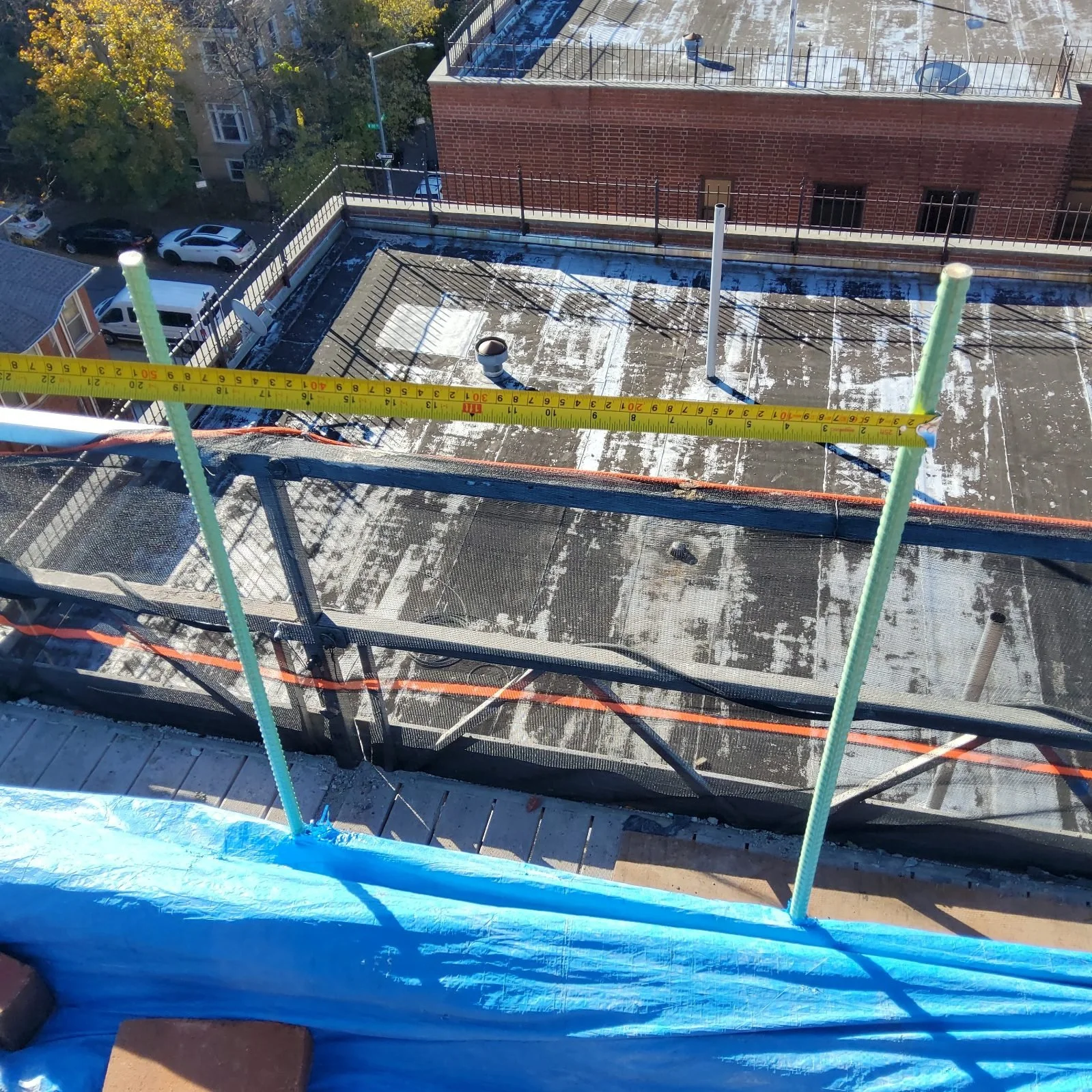Understanding Special Inspections: What Every NYC Property Owner Should Know
If you're purchasing real estate or are soon to be starting construction in New York City, chances are you've already heard the term special inspections.
So what are they?
How are they different from regular inspections?
And why are they so crucial to the process?
This guide provides an in-depth look at specialized inspections, including what they are, who conducts them, how they're categorized, and what building owners can do to remain in compliance.
What Are Special Inspections and Why Do They Matter?
Special Inspections are a special form of monitoring mandated by the NYC Department of Buildings (DOB) on many construction projects. They are intended to ensure that materials, installations, equipment, and structural elements are constructed precisely as indicated on approved plans - and in accordance with NYC building codes.
Whereas progress inspections are generally concerned with whether the work corresponds to the plans and conforms to the code, specialized inspections dig more deeply. They address fundamental details, including structural steel, concrete, welding, fireproofing, and mechanical systems.
Taking shortcuts or neglecting certified inspections can lead to significant headaches, including hazardous conditions, stop-work orders, code infractions, penalties, or even failure of building systems. As a property owner, it's not simply about filling out a box - it's about safeguarding your asset, ensuring safety, and preventing costly delays.
How Special inspections are Different from Progress Inspections
It is an easy mistake to make, but special inspections and progress inspections have different purposes:
Progress Inspections: They check whether overall construction is in accordance with approved plans and building code, as done by city inspectors
Special Inspections: These are target-specific for certain materials, installations or systems and normally comprise testing or more technical observation performed by qualified inspectors.
Who Conducts Special Inspections?
Special Inspections can only be conducted by certified professionals. Special inspectors are usually licensed architects, professional engineers or others with approved certifications. They have to be employed by a special inspection agency in New York and registered with the DOB.
You can't just hire any contractor to do this - the agency must be city-recognized, and the inspectors must be independent to avoid conflicts of interest.
Classification of Special Inspection Agencies
NYC categorizes Special Inspection Agencies into three classes - Class 1, Class 2, and Class 3.
Class 1 Agencies: May inspect all projects, such as major buildings, full demolitions and large-scale alterations.
Class 2 Agencies: May inspect most projects but not the largest or most complicated ones, such as new major buildings, full demolitions of major buildings or enlargements exceeding 10,000 square feet.
Class 3 Agencies: Restricted to smaller projects, such as single, two or three-family dwellings or changes of less than 10,000 square feet.
For extremely small projects, such as some low-rise residential buildings, registered design professionals may occasionally conduct inspections themselves.
It's essential to know your agency's class, as this determines if they can lawfully inspect your project.
Types of Work That Require Special inspections
Not every project requires certified inspections, but most do. Some of the most frequently encountered areas are:
Structural elements such as steel connections, welding or concrete placement
Fireproofing and fire protection systems
Electrical, mechanical and plumbing systems
Building façade work or exterior walls
Soil conditions, foundations and excavation
The larger and more complicated your project, the more types of special inspections will usually be required.
What Can Happen If Special Inspections Aren't Performed?
Failing to comply with Special Inspection requirements can lead to serious consequences:
Stop work orders from the DOB.
Expensive fines and penalties
Work must be repeated, resulting in time delays.
Hazardous structures or systems that are faulty
Legal responsibility for the property owner if something fails
In short, neglecting inspections isn't worth the risk.
How to Select a Special Inspection Agency
When hiring an agency, ensure that:
They're registered with the NYC DOB.
Their classification (Class 1, 2, or 3) is verified to confirm they are legally permitted to inspect your project.
Ensure that inspectors are qualified with the proper credentials.
Ask about past client referrals and projects.
Ensure they provide detailed and timely reports for DOB submission.
Getting the right agency can mean the difference between unnecessary delays and a smooth process.
How Property Owners Should Prepare?
If you're beginning construction, these are a few things you can do to be prepared:
Determine the type of project you have and the type of inspections that will be necessary.
Coordinate with your architect or engineer to make specialized inspections a part of your submission to the DOB.
Retain a qualified inspection agency early - don't wait until the eleventh hour.
Make records of all inspection reports and address any problems promptly.
Being proactive will save you stress, money and time in the long run.
Conclusion
Special Inspections are an important part of the New York City construction process. These reviews ensure that critical systems and materials are constructed safely, properly, and in accordance with city codes. Knowing the differences from progress inspections, being aware of agency classifications, and planning will keep your project smooth.
AG Engineering PLLC provides professional assistance with special inspections, ensuring that building owners comply with all DOB regulations promptly. Contact us for assistance in ensuring your building is safe, compliant, and built to last.
Having the proper assistance on your side, you can proceed with confidence. Special inspections are not a mere technicality - they're your assurance of quality, safety, and peace of mind.
